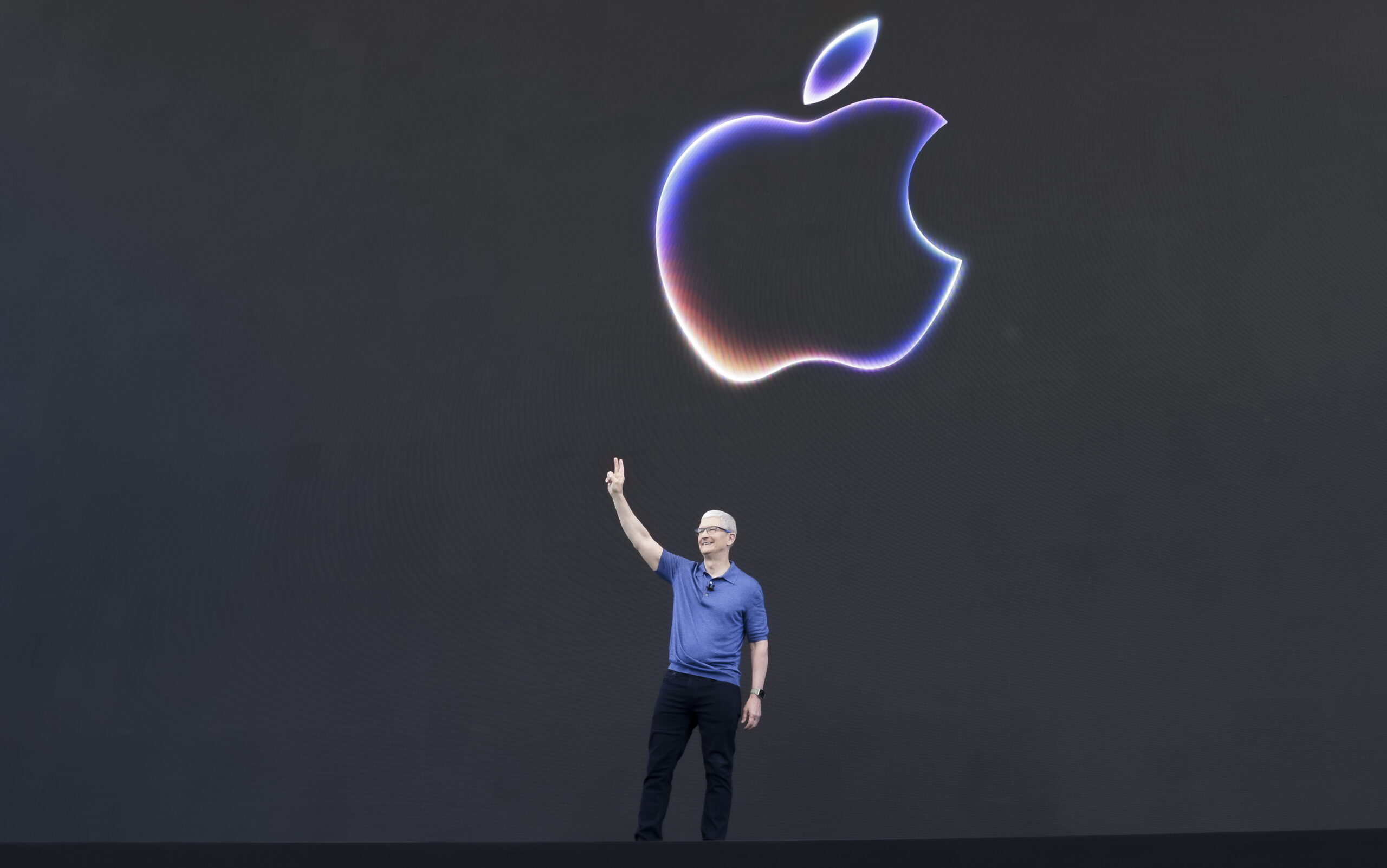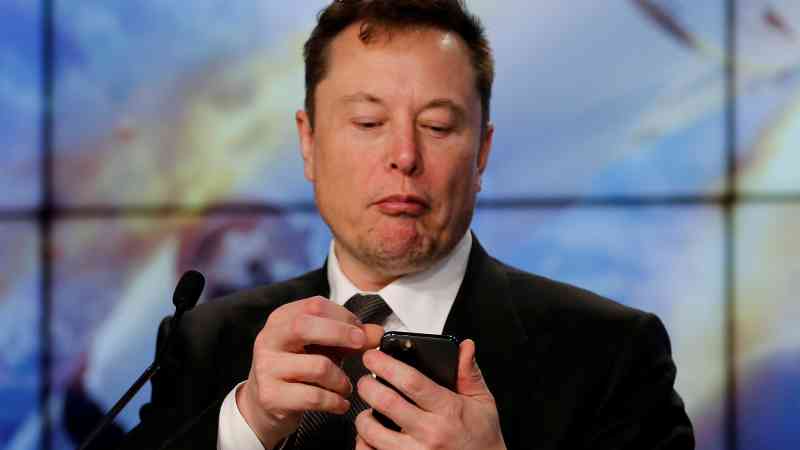Elon Musk to ban Apple devices from his companies over OpenAI deal
Elon Musk has threatened to ban Apple devices from his companies if the iPhone maker pushes ahead with an OpenAI partnership.
The billionaire founder of Tesla said he would not let anyone into his offices with an Apple device if OpenAI is integrated at the operating system level.
Tim Cook, the Apple chief executive, unveiled a partnership with OpenAI on Monday at a highly-anticipated developers conference in California, as the company sought to reassure investors that it is not being left behind in the AI race.
The partnership will bring OpenAI’s ChatGPT technology to Apple devices, in a bid to make its apps increasingly personalised and useful for customers.
Apple told conference attendees that it had built AI with privacy “at the core”. Privacy protections would be built in when accessing ChatGPT within Apple’s Siri digital assistant, it said. Requests will not be stored by OpenAI, and users’ IP addresses will be obscured, it added.
Responding to the announcement in a series of posts on Twitter/X, Musk’s social network, Musk said: “If Apple integrates OpenAI at the OS [operating system] level, then Apple devices will be banned at my companies. That is an unacceptable security violation.”
He also accused Apple of not being “smart enough” to make its own AI while questioning how it was capable of ensuring that OpenAI would protect users’ security and privacy.
Apple was contacted for comment.

Musk is a long-standing critic of Apple, and last year accused the company of threatening to remove Twitter from its App Store and hating “free speech”. The app was never removed.
Musk co-founded OpenAI but has since fallen out with its chief executive Sam Altman, accusing the company of abandoning the start-up’s original mission to develop artificial intelligence for the benefit of humanity and not for profit.
Some analysts said on Monday that Apple had offered reassurance to investors that it has an artificial intelligence strategy to compete with rivals.
Dan Ives, a technology analyst at Wedbush Securities, said it was a “historical day for Apple” and Cook “did not disappoint”.
He said the AI strategy would change the growth trajectory of Apple products and spur an “AI driven iPhone upgrade cycle starting with iPhone 16”.
Apple Intelligence, designed as a “personal intelligence” system, will “make personal products even more useful” by making apps more useful and creating “a more intuitive experience with the power of generative AI models”, he said.
Leo Gebbie, analyst at CCS Insight, said: “Apple needed to deliver an AI story and Apple Intelligence should help placate nervous investors and reassure them that Apple is keeping pace with its rivals. The partnership with ChatGPT is a major development which beefs up Apple’s AI offerings, and new features like a significantly improved Siri will be welcome to users.”
However, he said that Apple’s decision to offer ChatGPT integration arguably “sees Apple admitting its limitations given ChatGPT will kick in at a point where Siri is no longer able to help a user”.
He added: “This does open Apple up to some vulnerability as it has no control over OpenAI’s models, but also provides a stellar headline AI partnership for the Apple ecosystem.”
Apple shares fell 1.9 per cent, or $3.77 to close at $193.12 on Monday.
Cook reminded conference attendees that Apple has been using AI behind the scenes for years to power features on its devices.
The company has been slower than rivals to talk openly about how the technology will add value to its devices. Microsoft, which made an early bet on OpenAI, overtook Apple as the world’s biggest company by market capitalisation in January. Nvidia, the AI chip maker, briefly overtook Apple last week as the world’s second-most valuable company.




Post Comment